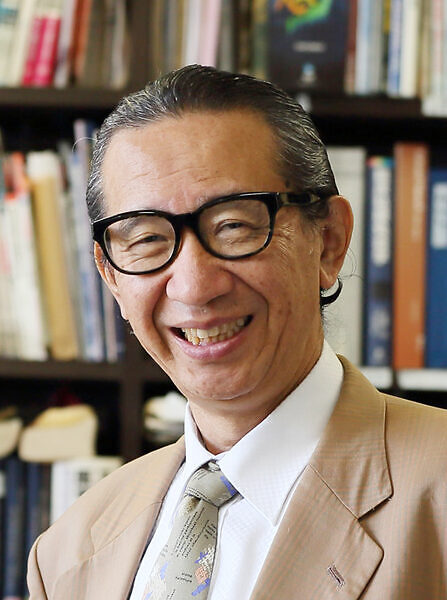Clock in clocks: how clock ticking in the heart of the cell is coupled to diurnal rhythms

Date
Location
Description
■Speaker
Prof. Hitoshi Okamura
Department of System Biology, Graduate School of Pharmaceutical Sciences
Kyoto University
■Abstract
Rhythms are a gift from our planet, and it is now known that a clock ticks in the heart of the cell. Since early in life history, endogenous oscillations are synchronized to the environmental light-dark cycles. In humans, regular daily activities such as diet and sleep are the basis of safe social life and healthy living. The forced change of life styles caused by the artificial light-dark environment disrupts proper clock oscillations linked to fundamental cellular processes.
The clinical observation of human sleep-wake cycles, the molecular biological studies of clock genes in flies, and the experimental physiological rhythm studies of mammals meet with the discovery of the mammalian clock gene Period in 1997. The mammalian clock gene Period, discovered in the course of human genome research, had a strong rhythm of about 24 hours in SCN clock cells in mammals. The coding of time information at gene level, also clarifies the time oscillating ability exists in routine cells of peripheral organs other than the brain.
Recent 20 years experiments in this field clarify the circadian timing system exists universally in living organisms, and widely and deeply controls cell metabolism and eventually the physiology of the body. The clock established in unicellular organisms to tune metabolism to synchronize the day and night cycles, and this would be inherited to peripheral cell clocks of organs in multicellular organisms. In multicellular organisms, a central clock that controls the cell clock of the whole body has appeared. In mammals, the SCN appears accompanied with an enormous strong autonomy. Humans and the primates at the pinnacle of evolution, also have this system, and additionally, might receive control of social influence from the well-developed cortical brain structures.
■Keyword
Chronobiology, 時間生物学
Subscribe to the OIST Calendar: Right-click to download, then open in your calendar application.



